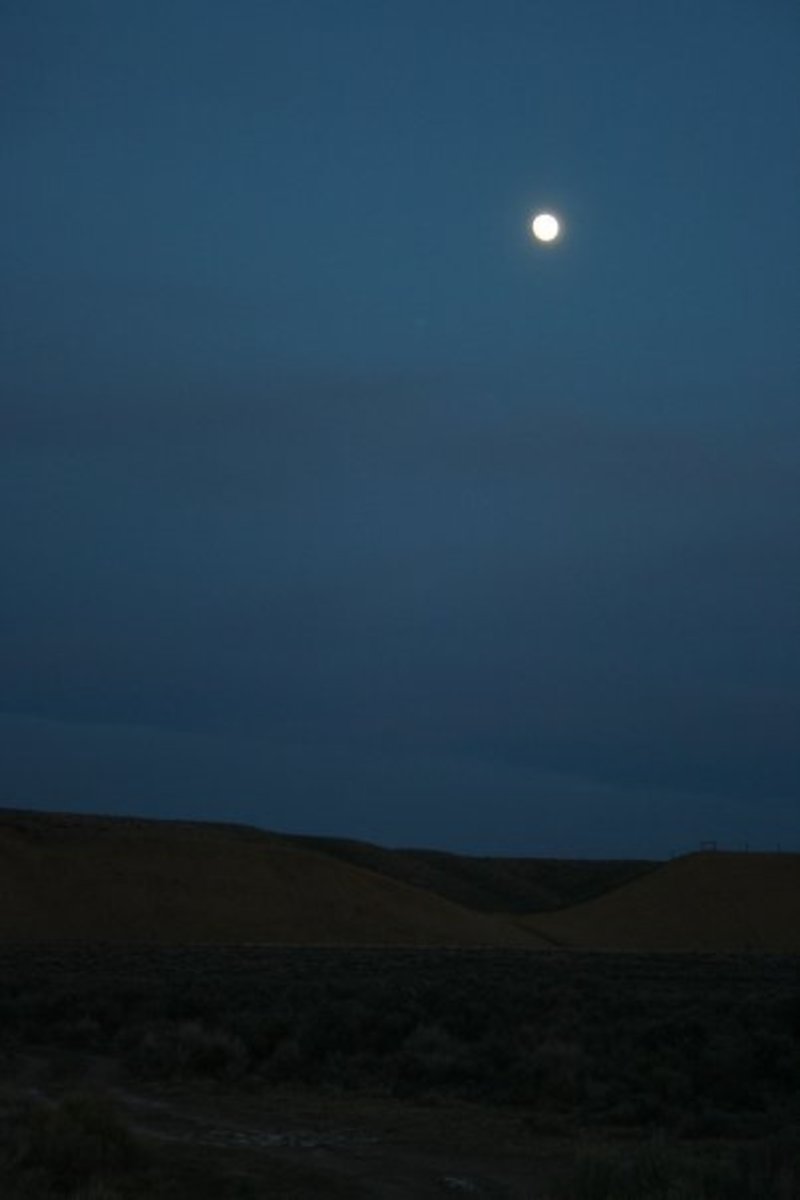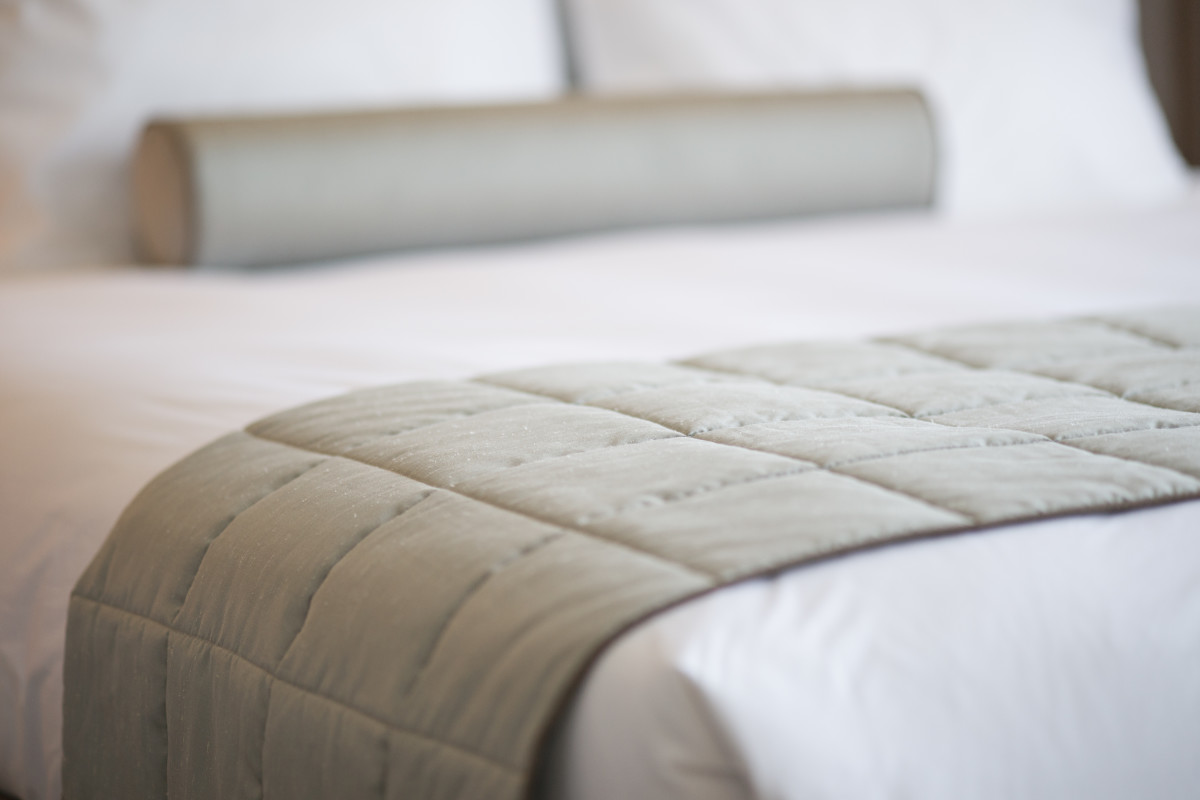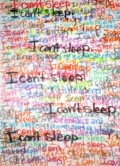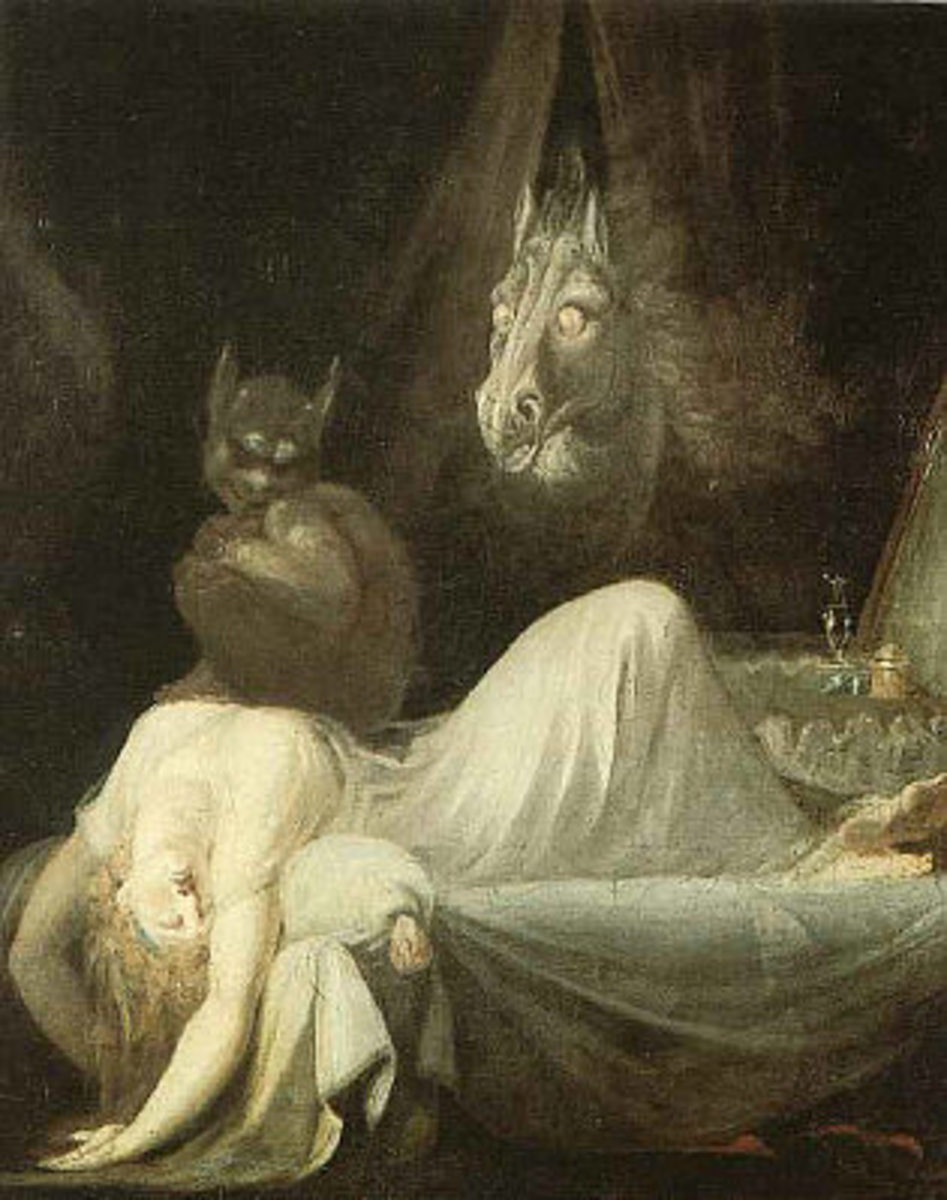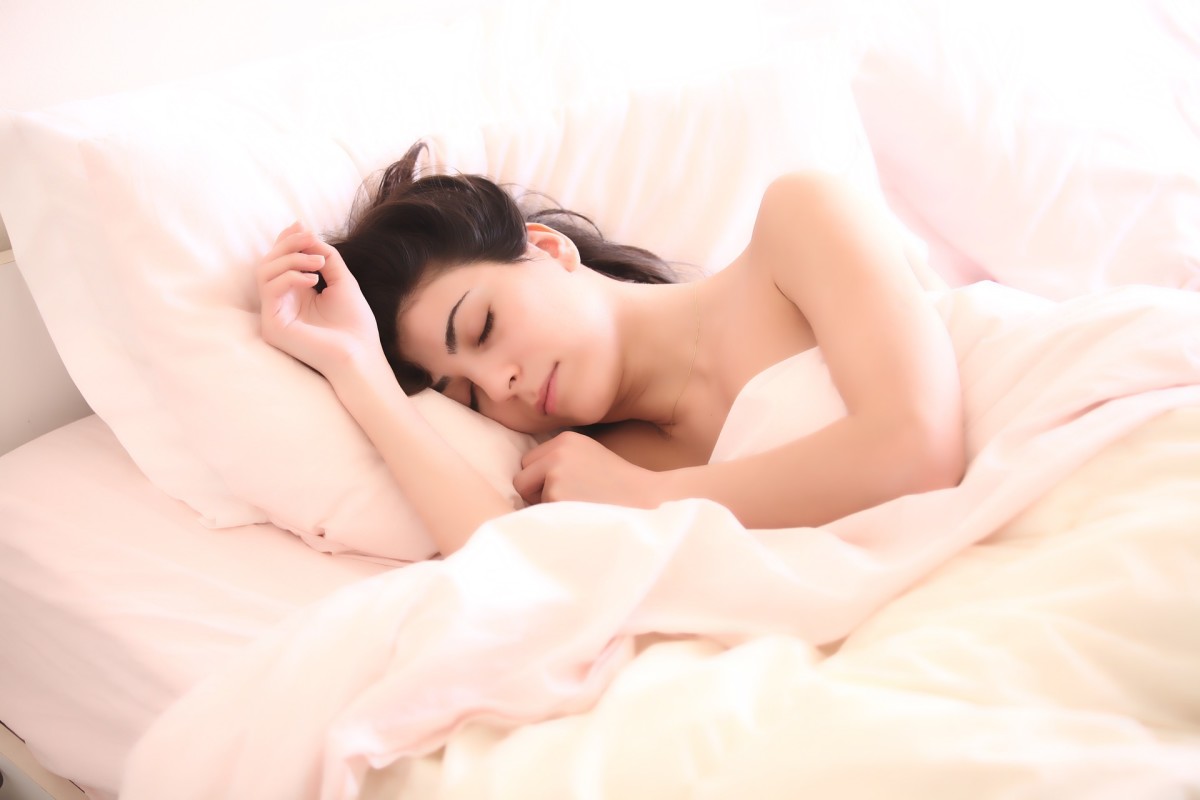The Myth of Needing 8 Hours of Sleep
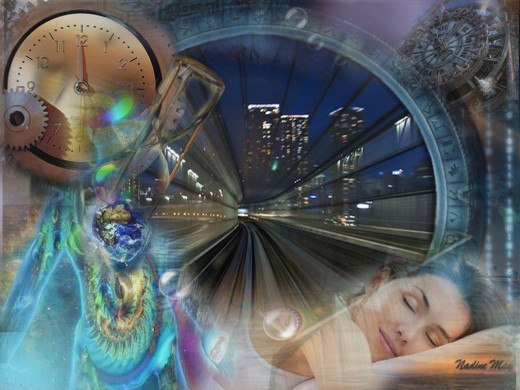
True or false?
Medical research tell us that people who get less than seven hours each night tend to be more susceptible to the common cold and weight gain. I do wonder if that is not to sell more sleeping tablets.
My personal sleeping pattern
Yesterday I woke up at five so I read, this morning my clock said it was 7:30. I usually go to bed well after midnight. This is my normal pattern. The only time I set an alarm clock is when I need to get somewhere early, say before or at 8 in the morning. Then I need time to get ready.
The moment I lie down in bed, it does not take long before I have fallen asleep. If I sense that my mind is too active, (due to watching TV in the lounge or an internet article) I read a few pages of one of the books on my bedside book shelf and that always works. Reading while lying in bed triggers me to sleep.
Everyone is different. Some people drink caffeine and get a rush, but caffeine never affects me. Sleep requirements vary from person to person. Six to nine hours seem to be the normal range, but there are people like me who fall outside that range and do just fine.
I also discovered that I have chiropractic problems. Sometimes if I have slept longer that my normal 5 to max 6 hour pattern I feel stiff. My lower back or my neck is all kinky and grindy and nasty but if I’ve only have slept around 4 to 5 hours I do not seem to have lower back or neck symptoms?
How many hours sleep do you need?
My personal waking hour patterns
My work day is usually about 5 to 7 hours in our office in front of a computer, and in-between I have breaks and drink coffee and have lunch in our garden or on our front deck. Sometimes I end up doing some gardening, or we go out for some errands.
Usually after dinner, if I watch TV or a movie, by 9:30 I can doze off (after I drink a cup of coffee!) No matter how good the program is that I’m watching, the TV screen with its flickering imagery puts me to sleep.
I know that the moment I get up and go to our office and to my computer to write, or be creative with Photoshop, I can go on for hours. My sleepy feelings are instantly gone. Before I know it it’s well after midnight. My partner has a similar pattern, except he does not doze off after nine like I do. We are both night owls. We sleep on an average between 5 to max 6 hours every night.
I have come to the conclusion that researchers do not really have a clue what constitutes “normal” sleep.
Consider these under-explored variations on our daily sleep:
A Monophasic sleep schedule
Sleep Schedule: 7 to 8 hours of continuous sleep every night.
Most people follow a monophasic sleep schedule, which involves seven to eight hours of continuous sleep every night as the necessary way to refresh ourselves. True or false? I feel this is NOT TRUE and believing this only creates stress for people who are unable to achieve that goal
In sleep, we slip back to a more primitive state and we go on a psychic archaeological dig. Freud proclaimed the first sleep stage to be the royal road to the unconscious and we become creatures whose rhythms derive from the moon and the seas much more than the clock and the computer. I liked that!
Tid Bit
The DEC2 gene is known to regulate the 24-hour body clocks of animals, including mice and humans, but this is the first time that an abnormal DEC2 gene has been seen in humans.
What are Polyphasic sleepers?
Sleep Schedule: six naps of no longer than 30 minutes
A new study suggests that the amount of sleep you need may be written in your genes.
This pattern reminds me of my mother who would drop off to sleep during the day wherever she was. In total, you get about three hours of sleep per day.
Most of us readers are familiar with the stories of polyphasic sleepers such as Leonardo da Vinci, Thomas Edison, Nikola Tesla, Buckminster Fuller and Margaret Thatcher, who got along fine with as little as four hours sleep each night.
Scientist’s struggles to understand polyphasic sleep because they question whether polyphasic sleepers get enough REM sleep. I go along with the idea that human evolution favours a polyphasic sleep pattern. For example, the "sleepless elite," about 1% to 3% of the population, can survive on a few hours of sleep per night. Some of polyphasic sleepers' success could depend on their individual genetics because a mutated gene, called the DEC2, allows these select sleepers to still get the rest they need.
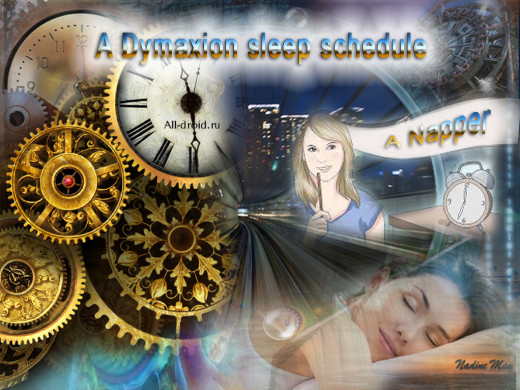
A Dymaxion sleep schedule
Sleep Schedule: 30-minute “naps” every 6 hours.
R. Buckminster Fuller invented the term A Dymaxion sleep schedule. "BuckyWorks,"
J. Baldwin writes that Fuller achieved enormous success with his unusual sleeping habits to fall asleep within 30 seconds. Fuller reportedly switched back to a monophasic schedule only after complaints from his wife.
The Dymaxion requires 30-minute naps every six hours, for a total of two hours of sleep per day. I’ve never tried that.
The last Sleeping tip
Sleep deprivation: chronic sleep deprivation has been tied to partying all night and every night, Stress ( a big culprit) or an increased risk of type 2 diabetes, cardiovascular disease, obesity, and depression. For whatever reason, sleep deprivation significantly affects our health, performance during our daily lives, so we all need to establish why sleep deprivation is happening.
Does Aging Changes Sleep Patterns?
Some say that aging causes people to have a harder time falling asleep. They awaken more often during the night and earlier in the morning. That is NOT my experience at all but dozing through prime-time television shows might be age related.
Apparently there are historical records of people sleeping in two bouts at night. They called the first bout dead sleep, and the second bout was called morning sleep, or known as the “first sleep” and the “second sleep.” The wakeful period in between was referred to as watch or watching.
You might think that lying awake for two hours would be a kind of torture, but when it happens to me I find it a kind of quiescent, meditative state. Dreams also wake me up and then being awake gives me a moment to reflect on my dreams that I clearly remember.
Tip!
It's worth adding that one of the ways to avoid sickness is to deliberately sleep a lot longer than normal as soon as you notice any symptoms, such as a sore throat or low-grade fever.
Any sickness will usually require longer sleeping. When sick, the body needs long periods of rest / immobility; this gives the immune system the time and energy it needs to function at full capacity.
Brain waves
One way to assess the age-related changes in sleep is to look at brain waves. When we're little, we have a lot of very high, slow brain waves at the beginning of the night and that seems to be the best, most restorative kind of sleep.
I’ve created an image to show the different brainwaves as we grow older. A lot can be read about our sleeping habits, but I’m glad that not everyone needs to sleep 8 hours every night in order to stay healthy.
Conclusion
After having done some research for this article on the topic about sleeping, I have come to the conclusion that researchers do not really have a clue what constitutes “normal” sleep, so I decided to call the need for 8 hours sleep a Myth until proven otherwise.
Thanks for reading my article on sleeping.
Nadine

